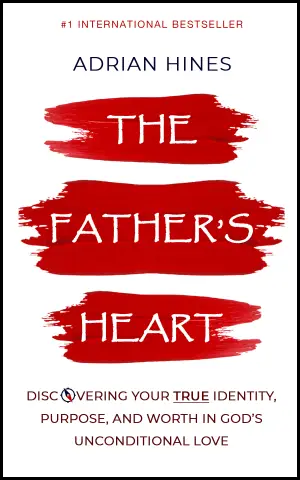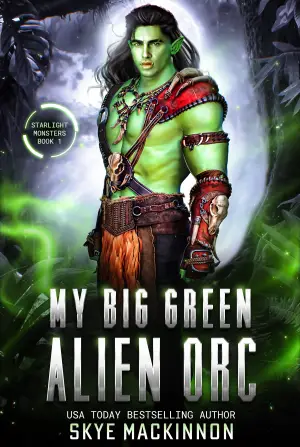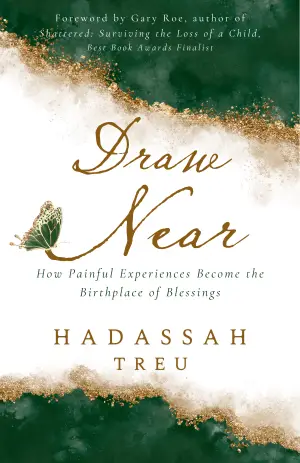A Journey into the Heart of The Hymn to Dionysus: Natasha Pulley Redeemed
When I first picked up The Hymn to Dionysus by Natasha Pulley, my heart was a mix of anticipation and trepidation. After being let down by The Half-Life of Valery K and The Mars House, I approached this new release with a cautious hope. And here I am, falling metaphorically to my knees with gratitude, shouting, “Thank you, Natasha Pulley! You are redeemed!” It’s amusing how I find myself swayed by emotions, rating this as a solid five stars despite its more moderate quality—in sheer joy, I’m giddy to proclaim my adoration.
In this latest installment, Pulley returns to a richly historical setting reminiscent of her earlier works, yet she takes a bold step away from her existing formula. Our protagonist, Phaidros, is not the usual nerdy, overly sweet character I’ve come to associate with Pulley’s narratives. Instead, he’s a delightful mix of endearing skittishness and unashamed brutality. He punches people! From the very beginning, we meet him as a four-year-old filled with both innocence and hints of future chaos, and by the time we’ve traveled with him into adulthood, we can’t help but root for him. He’s a breath of fresh air—more akin to Kite from The Kingdoms but with a sharper wit and a thick layer of complexity.
Dionysus, the titular character, is the elusive counterpart to Phaidros. Presented as a benevolent spirit, he carries an aura reminiscent of Keita Mori from The Watchmaker of Filigree Street. While Pulley crafts a solid narrative around him, I felt a little disconnected from Dionysus. His character hardly transcends the mystical realm he inhabits, leaving me wanting more depth. Perhaps it’s the sheer weight of his divine identity that creates a chasm between reader and character, making him feel like an abstract concept more than a companion on this journey.
Pulley has historically faced criticism for her portrayal of women, and The Hymn to Dionysus does little to assuage those concerns. Queen Agave feels all too familiar, echoing Agatha from The Kingdoms, which raises questions about character originality and growth. And while age gaps can often dominate narratives filled with mythological themes, both Phaidros and Dionysus end up being just a few years apart, diluting certain dynamics I hoped would spark intrigue.
However, what truly shines in this book is the plot. Pulley weaves a tale brimming with unexpected twists that had me on my toes. The pacing occasionally falters in the middle, but around the two-thirds mark, the story surged forward, taking me to exhilarating heights I had not anticipated. Sure, the messaging could sometimes come off as a bit cheesy—Dionysus stating the theme outright was a touch heavy-handed—but it worked in the context of the narrative.
What struck me most was the humor that radiated through Phaidros’ first-person narration. His banter, especially in his interactions with Apophis, injected a lively spirit into moments that could have otherwise been mundane. Phaidros, despite his flaws, left an indelible mark on my heart.
In conclusion, The Hymn to Dionysus might not rank at the very top of my Natasha Pulley favorites, yet its vibrant storytelling and added complexities make it a joy to experience. I envision fans of historical fiction, mythology lovers, and anyone on a quest for unexpected plot twists will find much to adore. Now, as I close this chapter, I can’t help but look forward to Pulley’s next creation—please, Natasha, I’m ready for 500 more books (well, maybe not two of them).
















